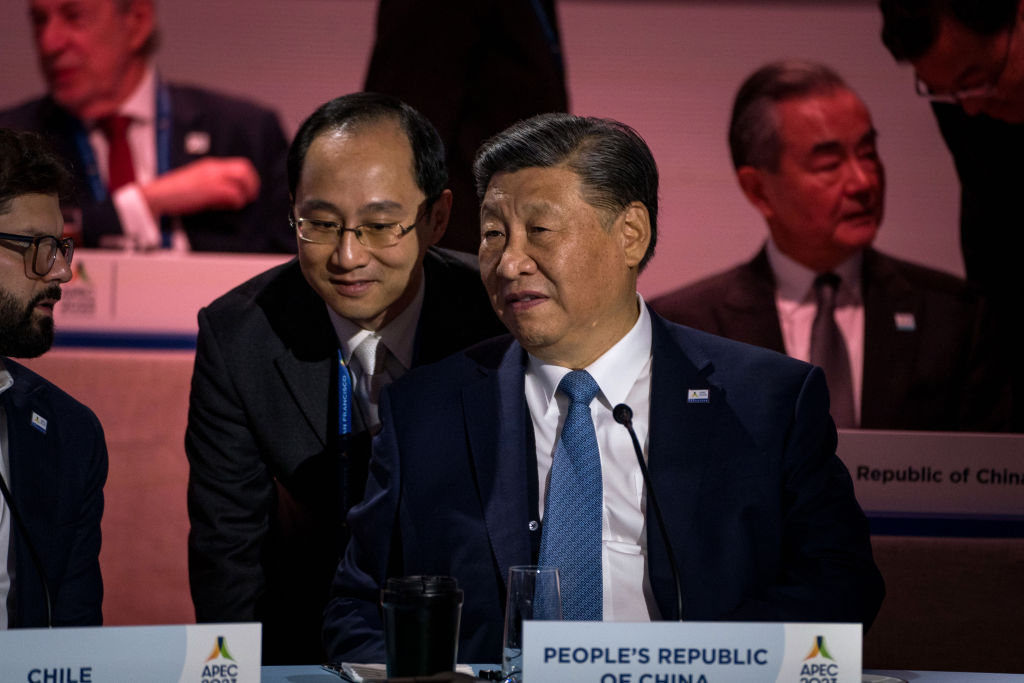Lithuania’s Government is at risk of collapse as Prime Minister Ingrida Šimonytė’s unruly coalition looks increasingly fractious ahead of a crucial vote.
The Government faces a major ballot in Lithuania’s Seimas (Parliament) on a budget to boost both the country’s spending and debt – by up to 39.9 per cent of GDP – on December 5, while introducing a controversial new tax on real estate.
“This coalition was always fragile in a sense,” Urtė Laukaitytė, a Lithuanian writer and philosopher at the University of California, Berkeley, told Brussels Signal.
Šimonytė’s Conservative Homeland Union-Lithuanian Christian Democrats party governs in an awkward coalition with the Liberal Movement and Freedom Party. After one coalition MP defected to the opposition on November 21, Šimonytė’s Government now formally holds 73 of the Seimas’s 141 seats.
Since many of those 73 MPs often rebel on controversial financial and social ballots, the Prime Minister has recently been scouting for support elsewhere to make up a majority. The budget vote is being seen as one of confidence in the Government and a high-stakes affair.
“It would mean the resignation of the Government in corpore, if the budget is not approved,” said Tomas Janeliūnas, a politics professor at Vilnius University.
Šimonytė has sought to spend her way to popularity – the budget includes such items as €157 million in new spending on roads – but this rise in tax and spend has left the Liberals unhappy.
“Liberals are against it because they are Liberals,” Janeliūnas said.
Seimas speaker Viktorija Čmilytė-Nielsen, a Liberal, insisted to Šimonytė no further spending increases were possible.
Social issues are even more fraught. Šimonytė’s own party is unhappy with the Government’s move earlier in November to legalise same-sex partnerships.
Other MPs are not pleased either. “Liberals are dissatisfied with a lack of support from the Conservative party on issues important for Liberals, for example, the Law of Civil Partnership,” said Janeliūnas.
The Freedom Party, the smallest in the coalition, also seems the most passionate about civil partnerships.
“Because they are not getting enough votes, they have started blocking other laws that the other two coalition parties are trying to approve,” said Eglė Juospaitytė, a Lithuanian consultant working in London.
The ruling coalition has scrambled for support in several key votes, including the same-sex civil partnerships poll, which faced widespread rebellion among the Liberal Movement and Šimonytė’s own MPs.
It appears one solution opposition MPs have sought is to simply postpone action on controversial issues. The Labour party, along with two Freedom Party MPs got the budget debate pushed back. The tax on property now will not come into effect until 2026.
It applies only to the top half of Lithuania’s properties, those with the greatest value. Owners of premises worth double the average will pay an even higher rate of tax.
Next year will be the first in two decades in which both a parliamentary election (every four years) and a presidential one (every five) takes place.
All parties look as though they are beginning to fray at the seams ahead of the parliamentary elections scheduled for October 2024.
Most likely, that vote will “lead to more vocal infighting in the coalition, as they [members] will seek to stand out, but not necessarily leading to a break-up”, said a senior Lithuanian academic who wished to remain anonymous.
The coalition “was vulnerable from the beginning, as it had a tiny majority”, he said. Lithuania’s last elections, in October 2020 during the COVID pandemic, saw the country’s second-lowest turnout ever.
It is unclear exactly what would happen if Šimonytė loses the budget vote next month.
If her coalition partners do desert her, “the most likely scenario would be a minority Government – there is no way for an alternative coalition just before elections”, said Janeliūnas.





